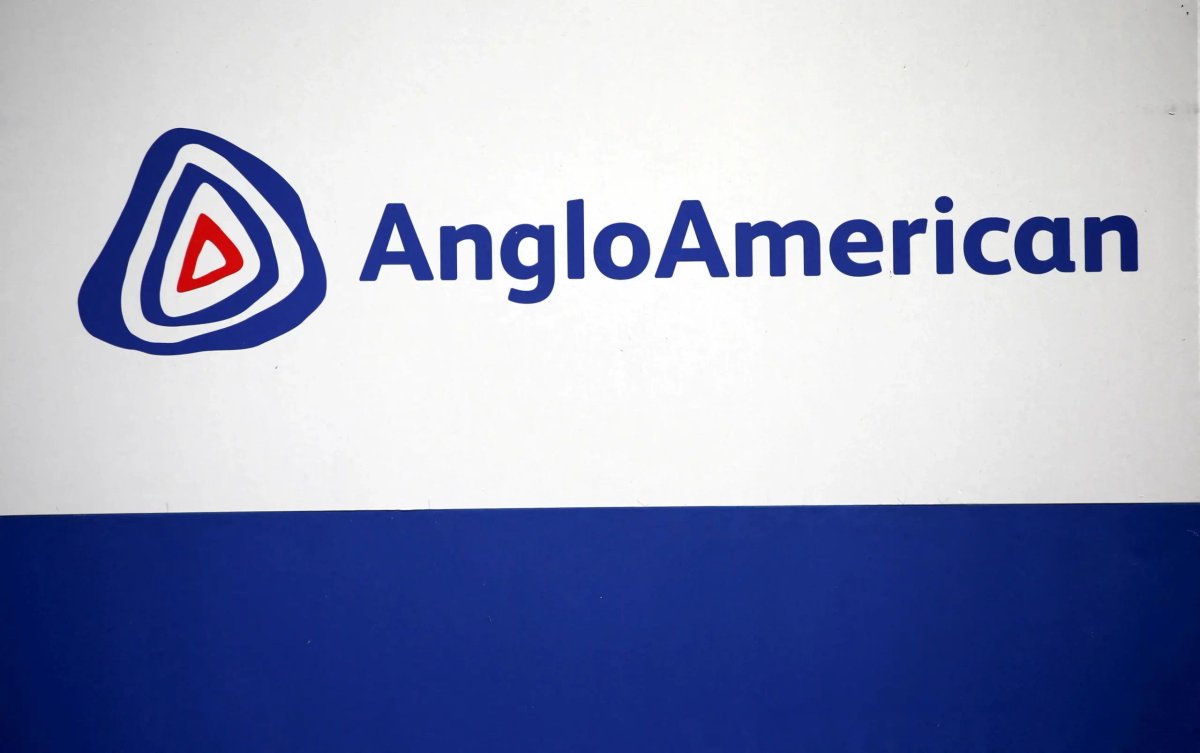Anglo American rejects BHP’s $39 billion takeover proposal


By Melanie Burton and Clara Denina
MELBOURNE/LONDON (Reuters) -Anglo American rejected rival miner BHP Group’s 31.1 billion pound ($39 billion) takeover proposal on Friday, saying the bid significantly undervalued the London-listed miner and its future prospects.
“The BHP proposal is opportunistic and fails to value Anglo American’s prospects, while significantly diluting the relative value upside participation of Anglo American’s shareholders relative to BHP’s shareholders,” Anglo Chairman Stuart Chambers said in a statement.
Reuters reported on Thursday, citing two sources, that Anglo’s management did not consider the proposal as attractive, as some investors and analysts dismissed it as opportunistic.
BHP, the world’s largest listed mining company, on Thursday offered Anglo’s shareholders 25.08 pounds per share, a premium of 31% to the market close on Wednesday, sending the London-listed target’s shares up 16%.
A condition of its proposal is that Anglo first distributes to shareholders its stakes in Anglo American Platinum and Kumba Iron Ore, both of which operate in South Africa where BHP has no assets.
Anglo on Friday said the structure on offer was “highly unattractive…given the uncertainty and complexity inherent in the Proposal, and significant execution risks.”
BHP had no immediate comment on Anglo’s rejection. Anglo shares were down 0.6% in early trading.
BHP’s shares closed 4.6% lower in Australia on Friday. The company’s Australian stock did not trade on Thursday as the country’s share market was closed for a holiday.
“With regards to a price, I think it’s pretty clear that the initial shot fired is just that. It’s just the first shot – it’s not their best and final,” said Todd Warren, a portfolio manager at Tribeca Investment Partners in Sydney, which holds shares in Anglo.
“We would need to see more money on the table before we sold our shares,” he said.
Questions about jurisdictional risks in South Africa and other regions, and concerns that Anglo American’s businesses are lower margin than BHP’s led to a share sell off, said RBC Capital Markets analyst Kaan Peker in Sydney.
“That uncertainty I think is resulting in a bit of a reduction on what investors are willing to pay for forward earnings,” Peker said.
South Africa is scrutinising BHP’s proposed offer for Anglo, a government spokesperson said, with the deal likely to concern officials the coming weeks before a general election where the governing party’s majority is at risk.
Some BHP investors also remained to be convinced over the merits of the deal.
“I am a bit surprised that the deal is not an agreed deal. It likely means BHP will need to offer more to win over shareholders and management and risks creating unhelpful animosity,” said Brenton Saunders, a portfolio manager at Pendal.
“The deal is complicated in that Anglo has a complicated structure with a number of moving parts like AngloPlats, Kumba and De Beers. It’s not clear how BHP adds value to the deal if it is required to offer considerably more.”
Consensus is growing that BHP will have to sweeten its offer to get the deal done. BHP has until May 22 to make a binding bid.
BHP CEO Mike Henry and executives including Chief Financial Officer Vandita Pant will be briefing investors next week, fund managers said. BHP did not respond to a request for comment on the meetings.
A deal, if successful, would be the largest mining takeover globally in 2024 and in the top 10 largest deals for the sector ever, according to LSEG data.
Attention is shifting now to antitrust concerns, with industry sources citing regulators in key BHP customers China, for copper, and Japan and India, for steel-making coal, as potential hurdles for the deal.
“If MOFCOM acted on Glencore/Xstrata then surely it will act here,” said one resources lawyer, referring to China’s commerce ministry, who declined to be named because the subject was sensitive.
Glencore was forced to sell its interest in Xstrata’s Las Bambas copper project in 2013 to clear a final hurdle set by Chinese regulators for the $35 billion dollar deal.
BHP CEO Mike Henry has repeated many times in the nearly two years since Australia’s Queensland state hiked its coal royalties that the miner will not put fresh investment into its metallurgical coal business because of the lack of consultation.
That could fuel concerns around supply security for Japanese customers in particular, and cause regulators to take a close look, said Lloyd Hain of consultancy AME Group.
“The Japanese want to know long term that they are going to maintain security of supply and also volume.”
(Reporting by Melanie Burton in Melbourne, Scott Murdoch in Sydney and Clara Denina in London; additional reporting Archisma Iyer in Bengalaru; Writing by Miyoung Kim; Editing by Sonali Paul, Neil Fullick and Jamie Freed)
A takeover proposal is an offer made by one company to acquire another company, often involving a premium over the current market value of the target company's shares.
Antitrust refers to laws and regulations that promote competition and prevent monopolistic practices in the marketplace, ensuring fair business practices.
In finance, a premium is the amount by which the price of a security exceeds its face value or market price, often used in the context of takeover offers.
Explore more articles in the Top Stories category











